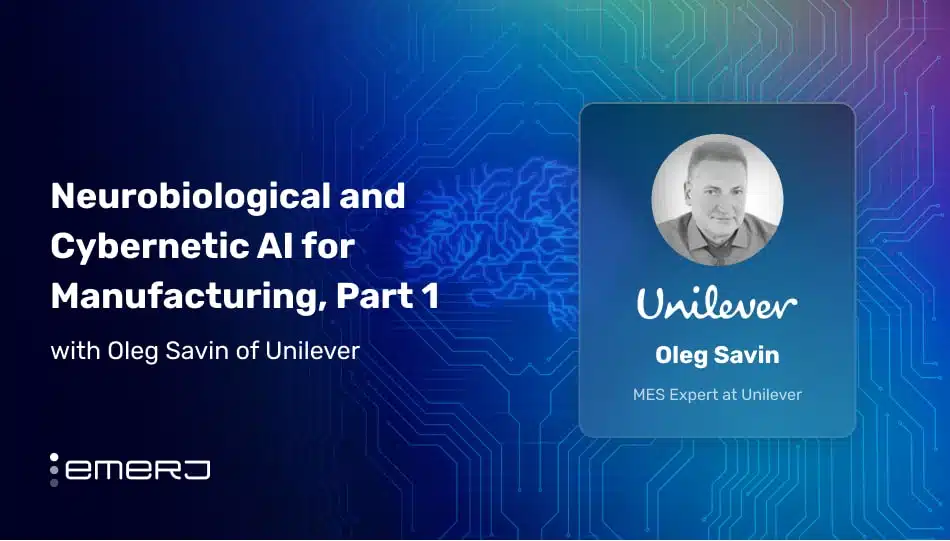1 – Artificial intelligence is the next major wave of computing, Android creator says
Andy Rubin, the creator of Google’s Android software, cited artificial intelligence as the next big wave in computing while speaking at the Code Mobile conference. He explained that mobile technology will not disappear, but that our current digital devices will be made smarter than AI and robotics. While at Google, Rubin headed robotic research at the Google X lab. He left Google over a year ago to start Playground Global, an incubator that supports startup hardware companies. The company, which has closed fundraising efforts, will focus on companies that are developing technology that interacts with objects rather than screens, such as appliances and even our swimming pools.
(Read the full article on CNET)
2 – IQ Test Result: Advanced AI Machine Matches Four-Year-Old Child’s Score
Stellan Ohlsson and other researchers from the University of Illinois recently gave one of MIT’s most famous AI machines, ConceptNet 4, a verbal IQ test designed for children – and the results were more promising than not. ConceptNet 4 scored the equivalent of an average four-year old, but below a five- to seven-year old. According to Ohlsson and colleagues, the AI did better on the Vocabulary and Similarities categories of the test than Word Reasoning and Comprehension. While its taken 60 years of research to construct an AI this advanced, but the exponential speed of advancements leaves many wondering the capabilities of this machine in six years (ConceptNet 5 has already been released).
(Read the full article on MIT Technology Review)
3 – Google Doubles Down On AI In Europe As It Takes A Stake In DFKI Research Center In Germany
Google has tapped into AI work being done in Europe through an investment in the non-profit German Research Centre for Artificial Intelligence (the DFKI), where about 450 scientists, academics and others are working in everything from language technology to augmented reality to data mining. Google will be given a stake on DFKI’s board for an undisclosed investment amount (though it’s said to be worth an investment equal to 16 other private companies that partner with DFKI). Though this is not Google’s first presence in Europe (it acquired UK’s DeepMind for upwards of $500 million in 2014, and has been involved in other research initiatives), it gives Google a first-row seat into much of the important research being done at DFKI, one of the largest research institutions of its kinds.
(Read the full article on Tech Crunch)
4 – The mysterious artificial intelligence company Elon Musk invested in is developing game-changing smart computers
Boeing and Carnegie Mellon University have formed a new partnership to find ways to use AI and big data improve airplane performance and safety. Currently, there is more data streaming in from the aerospace industry than humans can handle. As Jamie Carbonell, Carnegie Mellon professor and director of the Language Technologies Institute, said:
“The mass of data generated daily by the aerospace industry overwhelms human understanding, but recent advances in language technologies and machine learning give us every reason to expect that we can gain useful insights from that data.”
Carbonell has been named to direct the new Aerospace Data Analytics Lab. Carnegie Mellon and Boeing hope to use the data to develop technology that allows planes to immediately alert pilots when maintenance is needed before an issue occurs, rather than rely on the “check engine” lights that inform of the latter. A number of other planned initiatives are also under way, including robots that take charge of cleaning up hazardous environments and can pick up coffee cups without spilling the contents.
(Read the full article on The Washington Post)
5 – Stephen Hawking: Artificial intelligence could wipe out humanity when it gets too clever as humans will be like ants
In his announced ask-all session on Reddit, Stephen Hawking followed up on many of his past comments about the potential for AI to destroy the human race. In responding to one questioner’s perception of Hawking’s view of Terminator-like AI coming to wipe our humanity, he clarified that it’s a question of AI with increased “competence rather than malice.” Hawking’s conception is that the intelligence of future AI may develop so far beyond current humans’ that it yields future humans that have the smarts’ worth of a snail or ant, in comparison. He argues that it’s imperative that we begin thinking of these issues now, as such an intelligence could evolve more quickly than we’re fully aware.
(Read the full article on The Independent)



















